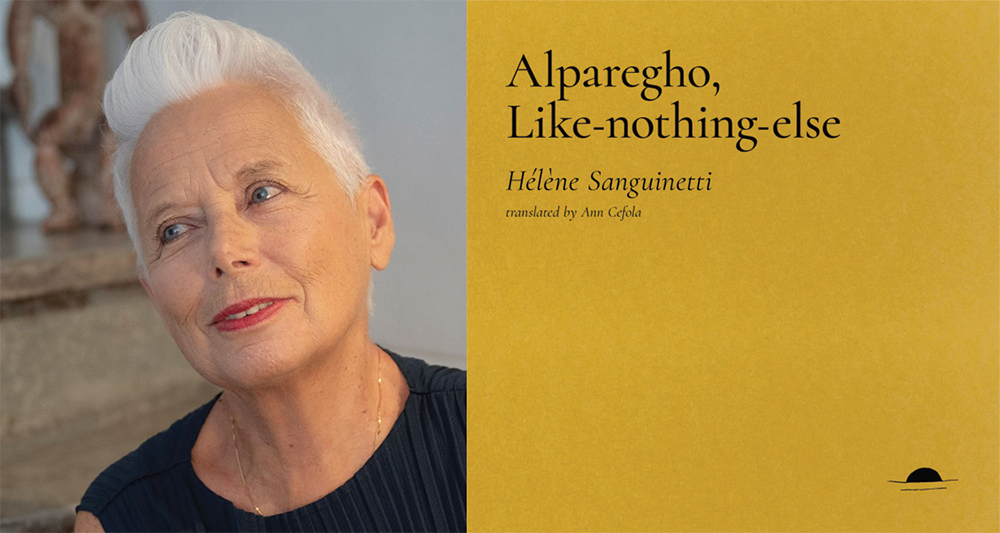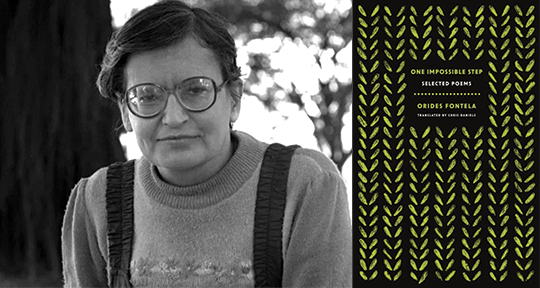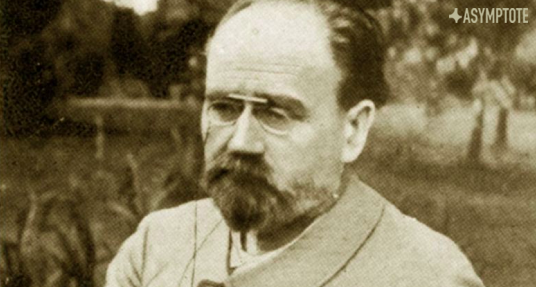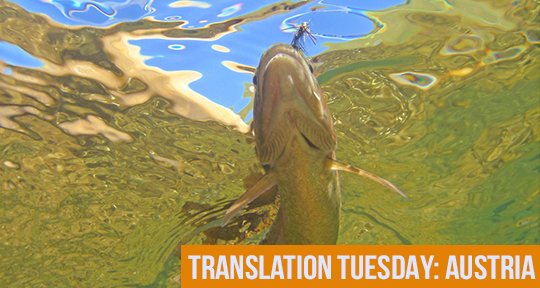Émile Zola, master of nineteenth-century naturalism, was revered by most but reviled by some: his unflinching account of social decadence during the Second Empire didn’t sit well with France’s more puritan neighbors across the Channel. For decades, English translations of his Rougon-Macquart cycle were bowdlerized in the name of good morals, depriving readers of the full scope and weight of his social critique. Over twenty-five years ago, one of Britain’s most reputable publishers began to make amends, and it has recently completed the mammoth task of fully and faithfully translating Zola’s famed cycle into English. In this incisive historical essay, former Communications Director Samuel Kahler walks us through what was lost to undue censorship, and why it’s such a joy to get it back.
Fans of French literature, it’s time to read and be merry! With the recent publication of Doctor Pascal by Oxford University Press, those at work on new English translations of Émile Zola’s Rougon-Macquart cycle have at last—after more than a quarter century—completed their epic and honorable task. For the very first time, anglophone readers may fully appreciate the scope and vision of the twenty-part masterpiece as its author intended it.
During his lifetime, Zola enjoyed widespread popularity in France and abroad (wherever translations of his novels, stories, and plays were available); he was viewed as the standard-bearer for a groundbreaking style of literary naturalism that presented an unflinching, often critical view of society through its portrayal of vice and corruption across all strata.
The clearest examples of this approach are found in the novels that comprise Les Rougon-Macquart. Similar in certain ways to Honoré de Balzac’s earlier La Comédie Humaine—a compendium of novels which were grouped together and sorted by theme—Zola’s cycle differs crucially in its design: it follows the members of one family rather than miscellaneous characters, and it was purposely conceived by its author from the onset (he initially planned a series of ten works, but soon expanded its scope). Inspired by breakthroughs in psychology and theories of heredity, it was further fueled by Zola’s desire to candidly portray life during his time.
The opening novel, The Fortune of the Rougons, makes no subtle hints about the author’s ambitions for the larger project. By weaving the family’s origin story into a larger plot, Zola announces to readers that the Rougon-Macquarts are not just a family; they serve more broadly as avatars for the passions and qualities of the era. His preface to the work states that “the dramas of their individual lives tell the story of the Second Empire, from the ambush of the coup d’état to the betrayal of Sedan” (indeed, the cycle’s subtitle is Natural and social history of a family under the Second Empire).
The Rougon-Macquarts are by and large—though not universally—a cutthroat clan of dreamers and schemers who stubbornly pursue grand ambitions, short-sighted affairs, and noble sufferings. When their passions lead them down dangerous paths, they do not stray or turn back; that would seem to be against their nature. Their behavior is part and parcel of Zola’s vision, which he delivers through vivid portraits of their interior and exterior landscapes, warts and all; he shows no prudery in depicting their immoral thoughts and acts.
But Zola’s intention was not simply to titillate audiences with sketches of naughty pleasures, bitter rivalries, and lavish excesses. Though the novels may foreground a mad rush of egos and appetites, the theme of nature’s cycles undergirds them; indeed, this theme frames the entire corpus. The subtleties of Zola’s overarching vision, however, did not make a strong enough impression on those who viewed his novels as cheaply sensational and injurious to society’s moral wellbeing. Many thought his works vile and opposed their publication, especially in England. READ MORE…




